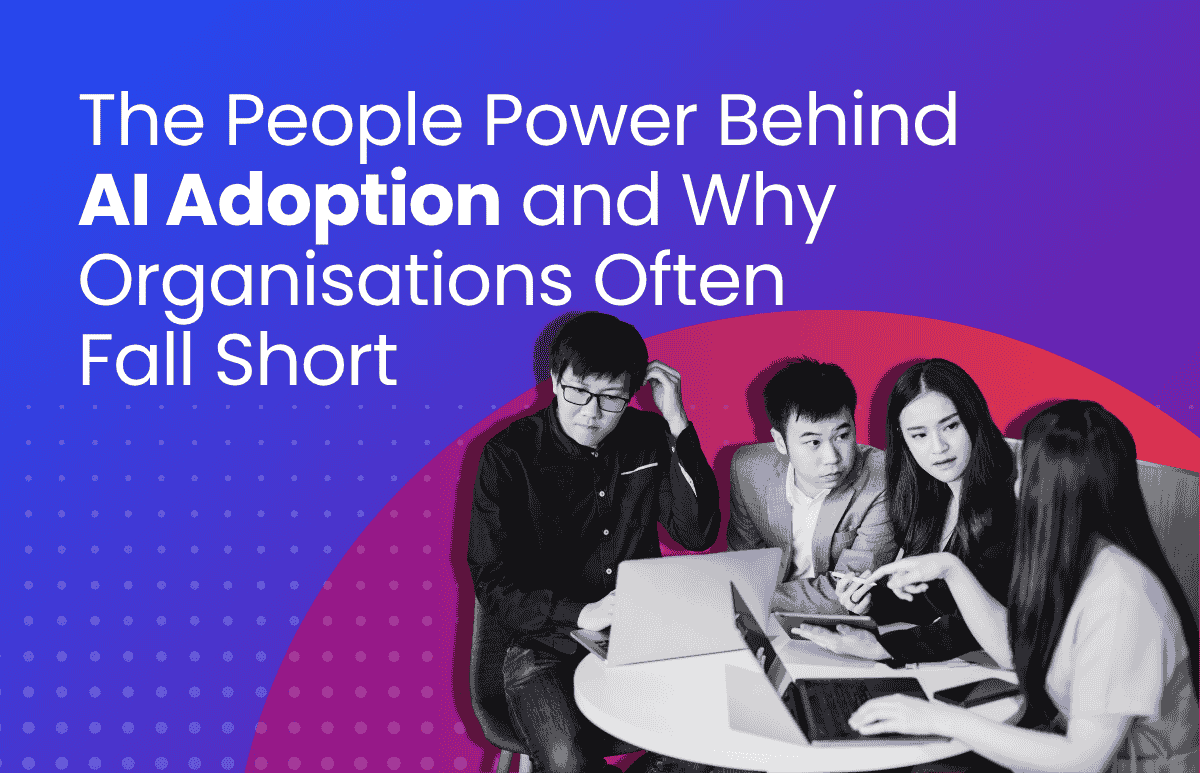Want to Become an Employer of Choice?

It seems every organisation today – big or small – aspires to become an employer of choice. This achievement is seen as a barometer of organisational health and an important benchmark in a talent-short market. Positioning your organisation as an employer of choice is not an easy path or a quick fix. It’s something that requires a consistent and sustained effort.
What does it mean to be an employer of choice?
When your business is an employer of choice, it means that employees choose to work for you when presented with other opportunities to work elsewhere. This decision is consciously made when they first join the business, as well as when they decide to stay despite having the option to move elsewhere.
In this market, employees have more power in choosing where they work, why they work for a certain organisation and for how long. As such, if organisations determine whatemployees are lookingfor when they decide which employer to choose, businessescan work on becoming an employer of choice.
What is an Employee Value Proposition (EVP)?
Whether it’s being branded as a “best employer” or “great place to work”, the key is to develop a strong Employee Value Proposition (EVP) that makes you stand out from the pack. The EVP forms the core of your employer brand. It’s critical for a successful recruitment process as it reinforces why a candidate should apply for a job with your organisation and what they stand to gain from doing so. It’s also crucial for retaining talent. An EVPbecomes the “badge of honour”, the key rallying point for what your organisation does better than all others.
Of course, becoming an employer of choice is more than a marketing gimmick. It’s almost impossible to “fudge” an EVP – and even if that were possible, it wouldn’t take long for candidates/employees to discover the truth. Any organisation should be able to stand by its practices and its principles around employing people. Seeking employer of choice status should be done on the basis of something that’s true, legitimate and meaningful.
So, take an objective look at your organisation and ask what is your EVP? Consider the following questions:
Do you offer stimulating work?
Employees want to be challenged and stimulated. They want to feel passionate about what they do. Consider introducing stretch assignments that push people out of their comfort zones, or revisit job design to create more interesting roles that utilise technology to automate transactional tasks. Also consider if job rotation schemes could be introduced whereby employees spend time in other complementary roles either within their own department or a different department.
Do you offer market-leading training and development?
Employees want to be part of an organisation that helps them to develop skills so they can excel in their jobs on a day to day basis, while also helping them progress their career. Your organisation should aim to provide a training and development framework. This would include an annual skills assessment process to identify skills gaps and then the creation of personal development plans for each employee. Employees should then be empowered to access training and development content from anywhere, at any time.
A commitment to life-long learning exposes employees to new experiences and keeps them engaged in their work. Professional development not only helps build and maintain enthusiasm; it also inspires loyalty. One study[2] shows that a significant 93% of employees would stay longer at an organisation if it invested in their professional development.
Do you offer competitive rewards?
Competitive financial reward remains a key reason why people stay with an organisation. Remuneration should be reviewed yearly and be regularly benchmarked against market averages so you are always paying close to market rate. Of course, it’s not just about financial reward; employees also want to be recognised for a job well done. Employers of choice typically have an effective rewards & recognition program in place, which allow for peer-to-peer recognition, social recognition and the ability to choose from a range of non-financial rewards such as gift vouchers or experiences. And yes, it makes a significant difference to engagement but also retention. Organisations with a “recognition-rich” culture report 31% lower voluntary turnover rate.[3]
Do you excel at corporate social responsibility (CSR)?
Trustworthy, ethical and socially responsible employers that have a commitment to environmental sustainability are in demand. People want to work for employers that have a positive corporate culture where staff are treated fairly and with respect. As various corporate scandals and royal commissions have demonstrated, ethics are more important than ever before. A CSR program is one way to highlight your organisation’s commitment to undertaking business in an ethical and fair way.
Do you offer career advancement opportunities?
Research shows that 63% of employers report a lack of career progression as the main reason employees leave.[4] They feel they’ve progressed as far as they can within their current workplace. Employers of choice ensure each employee has not just personalised development plans, but career paths that are identified as part of an organisation-wide succession plan. Any vacant jobs should be advertised internally, opening up opportunities for anyone with the right qualifications and experience. It’s an easy way to create a sense of opportunity and potential for career progression.
Benefits of being an employer of choice
Increased productivity
When your employees are happy working for your business, they tend to be more engaged in the workplace. Research[1] indicates that employers with highly engaged workers outperform other organisations.
Lower recruitment costs
Businesses that gainemployer of choice status tend to spend less on recruitment costs as their strong reputation naturally attracts candidates. Remember, jobseekers will do their research before applying or interviewing for a role. If the company has been recognised publicly as an employer of choice, it’s a great way to demonstrate the business’s commitment to its EVP.
Similarly, turnover tends to be lower for employer of choice businesses. Again, by practicing what they preach, these organisations are likely to improve retention. t
Increase in employee referrals
Employee referrals areone of the most cost efficient ways to sourcenew talent. By being an employer of choice, employees are more likely to be proud of where they work and encourage their peers to join them in the organisation.
ELMO Software is a cloud-based solution that helps thousands of organisations across Australia, New Zealand and the United Kingdom to effectively manage their people, process and pay. ELMO solutions span the entire employee lifecycle from ‘hire to retire’. They can be used together or stand-alone, and are configurable according to an organisation’s unique processes and workflows. Automate and streamline your operations to reduce costs, increase efficiency and bolster productivity. For further information, contact us.
[1] “What Makes a Company a Best Employer?”, Hewitt report
[2] LinkedIn’s 2018 Workforce Learning Report
[3] “Turning Thank You Into Performance”, Bersin by Deloitte research paper
[4] “Turnover and Retention Research Report”, Australian HR Institute, 2018
 HR Core
HR Core 









